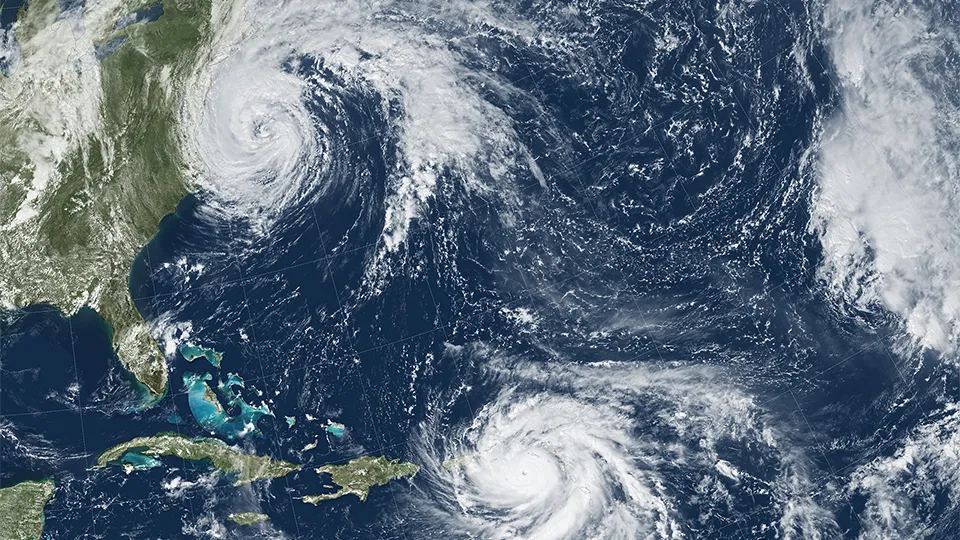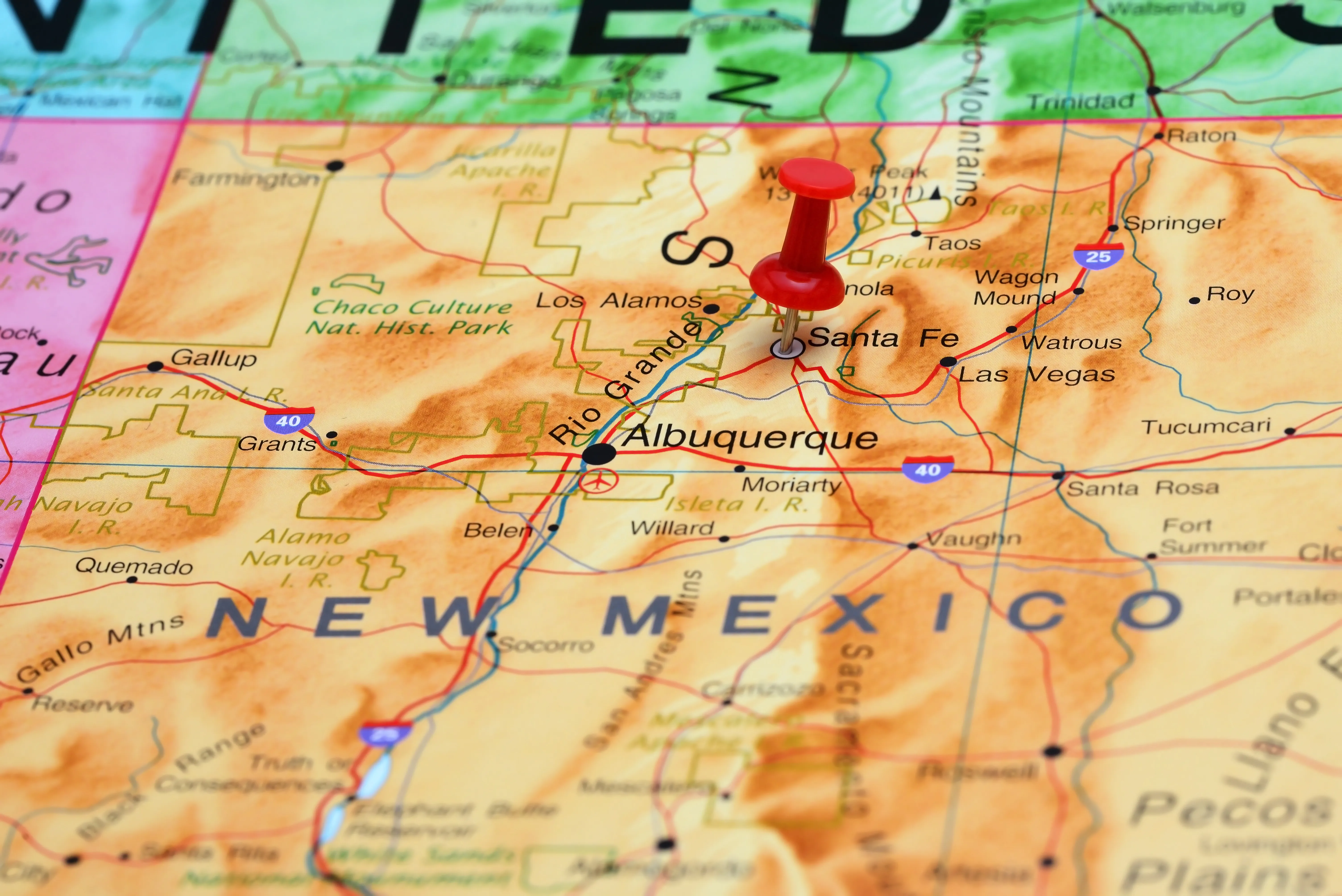
Holiday stress warnings are nothing new, but heart data doesn't lie
Click play to listen to this article.
From hosting family to higher credit card bills and increased alcohol consumption, the holiday season, while fun, is not always friendly to our health.
A Minnesota expert said to avoid a cardiac event, give yourself a gift by not letting bad habits take hold. Findings from the American Heart Association show that more cardiac deaths occur December 25 than on any other day of the year. Coming in second is Dec. 26, while Jan. 1 rounds out the top three.

Dr. Sameh Hozayen, assistant professor of medicine at University of Minnesota Physicians and a board member of the American Heart Association-Twin Cities, said there is no firm reason behind the spikes this time of year but he argued it is fair to link them with temporary lifestyle changes.
"People are sleeping less, changing the way we eat, changing the frequency in which we drink alcohol," Hozayen outlined.
He pointed out because of travel or health clinics scaling back availability, people sometimes have gaps over the holidays when it comes to screenings or other appointments. Hozayen recommended trying to fit in as much exercise as possible and limit unhealthy foods when not at a holiday party. Drinking alcohol in moderation is another tip.
As for those with existing medical conditions, Hozayen noted the holidays are not meant to take a vacation from your special health needs. He emphasized it is important to keep taking your medications and make sure they are refilled. As for the research, he observed the higher death totals are not exclusive to colder climates, where blood flow can be restricted when the temperature drops.
"This has been shown in the United States (but) has also been shown in a country like New Zealand, where the Christmastime and the New Year time is actually in summer," Hozayen added.
Health experts said it is important to know the warning signs such as chest discomfort, discomfort in the arms, and shortness of breath. When there are obvious signs, calling 911 right away is deemed vital, as well as knowing how to provide hands-only CPR.

















